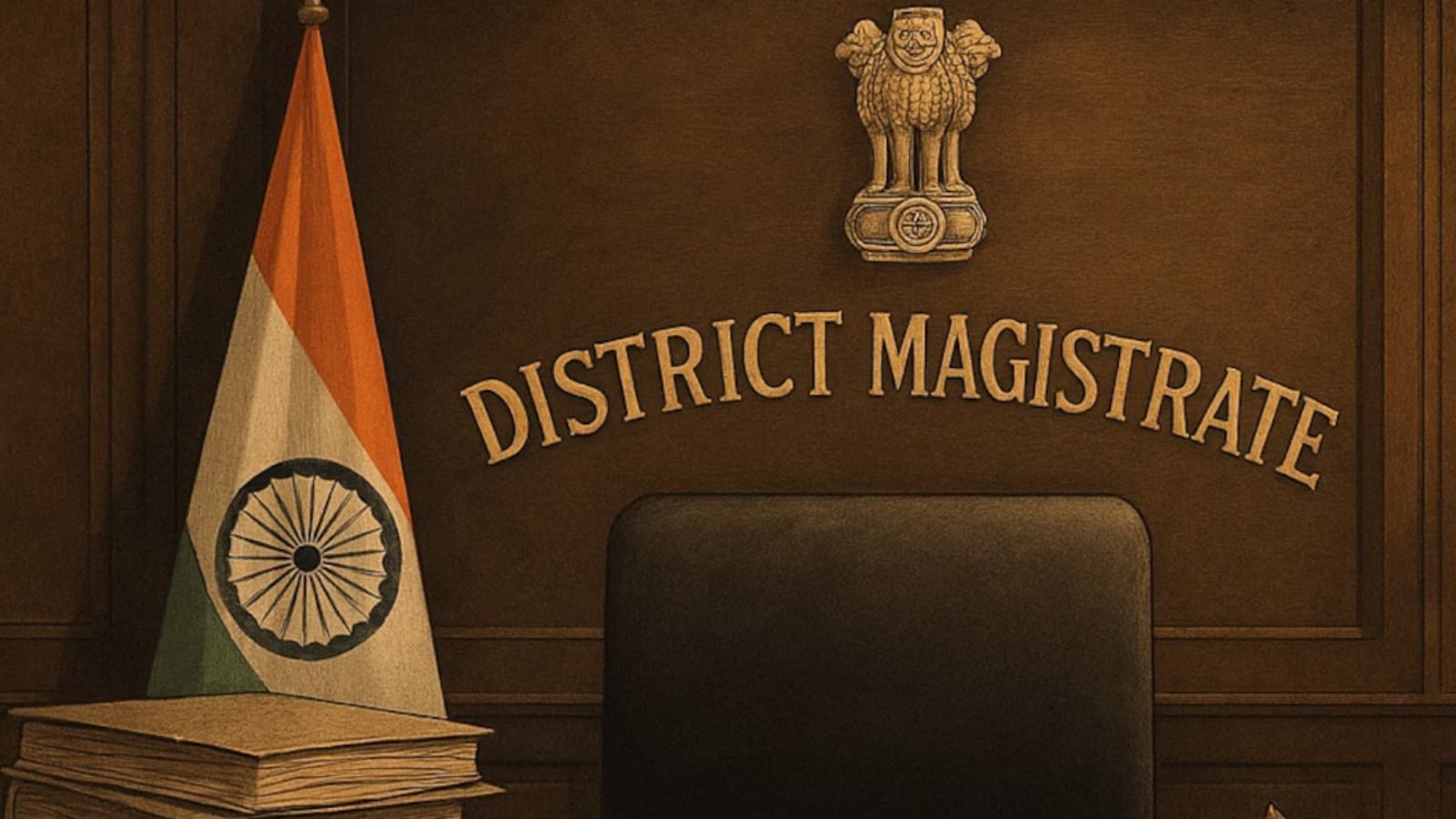Shailaja Chandra, an 80-year-old former IAS officer, has joined the social media debate contrasting life in the 1970s with 2025. Officer Chandra’s remarks followed a LinkedIn post by businessman Himanshu Kalra that compared living in 1970 with the more cutthroat and chaotic world of today.
In response to the widely shared post bemoaning the hardships of the modern middle class, Chandra argued that the current generation leads a more fulfilling life with more liberties and comforts than the previous generation had, including improved accessibility to leisure, technology, and employment prospects.
Taking to X (formerly Twitter), Chandra shared her 1970s middle-class upbringing, writing, “The 1970s were linear but very limiting… The middle class was stretched between living as joint families or confronting the pressure of making ends meet. One was constantly watching the expenses.”
She added that there were few options for travel, vacations, or eating out. “Going abroad on one’s salary (usually a single salary) was unthinkable,” Chandra said.
Most families lacked the conveniences people take for granted today, lived in joint households, and kept close tabs on their expenses. Travelling abroad was a pipe dream, dining out was rare, and even domestic travel was restricted to trains like the Rajdhani rather than aeroplanes.
In contrast, she pointed out that dual-earning households, increased earnings, and digital convenience had made modern life more comfortable and freer.
“In 2025, the middle class either owns or rents nicely located property. Eating out, paying children’s school fees and paying for their lessons and activities (sports/ music/ art, etc) is affordable for many,” she continued.
As an 80+ year old, I want to weigh into this 70’s versus 2025 debate on work life then and now. Here’s my take: The 1970s were linear but very limiting. The middle class was stretched between living as joint families or confronting the pressure of making ends meet. One was…
— Shailaja Chandra (@over2shailaja) June 24, 2025
Chandra highlighted how technology has transformed daily tasks, writing that the drudgery of scrutinising and paying bills has changed due to “online shopping and net payment for almost everything.”
She also cited the freedom to switch jobs with improved skills, fitness options, safer urban living, and CCTV-secured housing as indicators of a more liberated generation. She also praised the modern culture of upskilling, stating that employees today continually improve their value by learning new skills and switching between roles, which was not as popular in the past.
“Please think before you start arguing with me,” she wrote as she concluded, addressing younger readers in a kind but stern manner. “Nanis and Dadis do have eyes, ears and a brain!”
Chandra’s remarks followed a LinkedIn post by businessman Himanshu Kalra, where he wrote, “In 1970… you’re set for life.” But in 2025, “you start with debt, get outdated in two years, keep upskilling… and both partners work just to afford to raise a single child.”
Kalra’s piece resonated with people of all ages, eliciting reactions that ranged from agreement about mental pressure and inflation to more optimistic views on opportunity and personal development.
